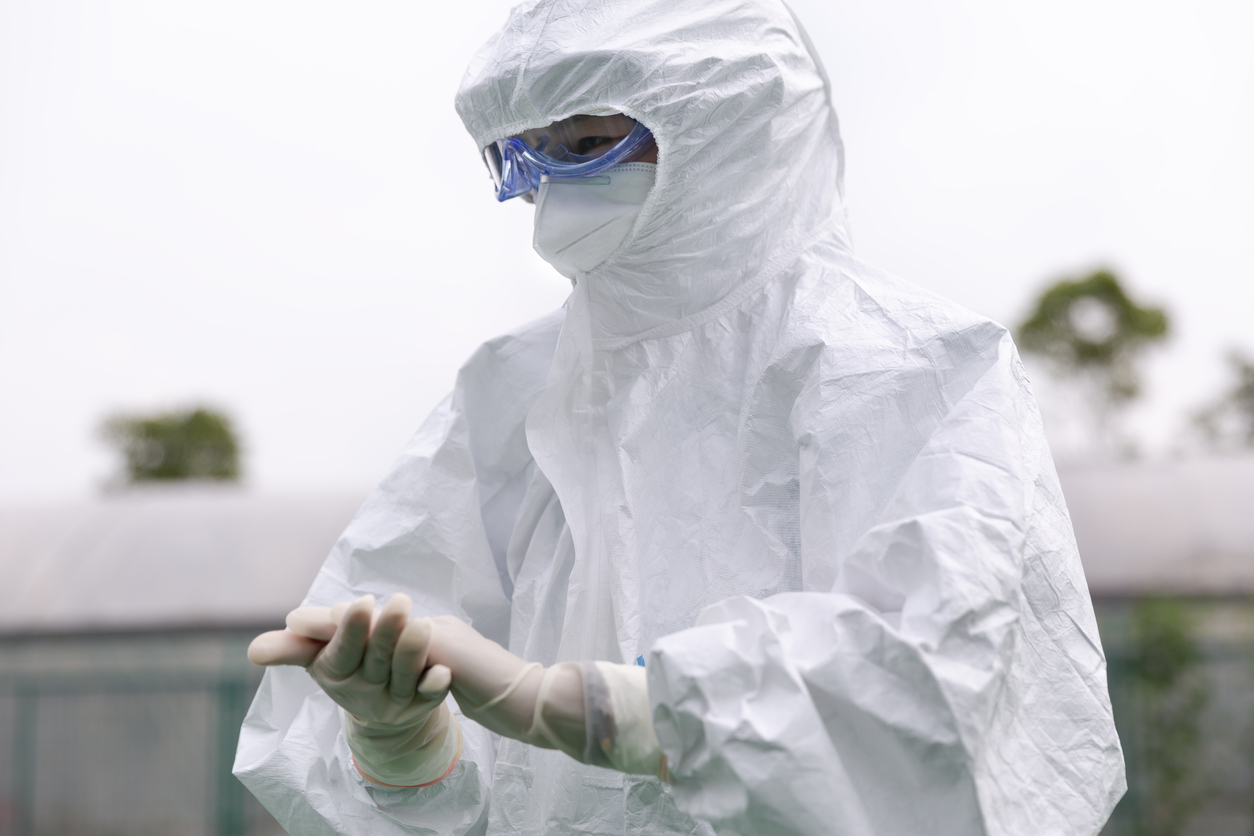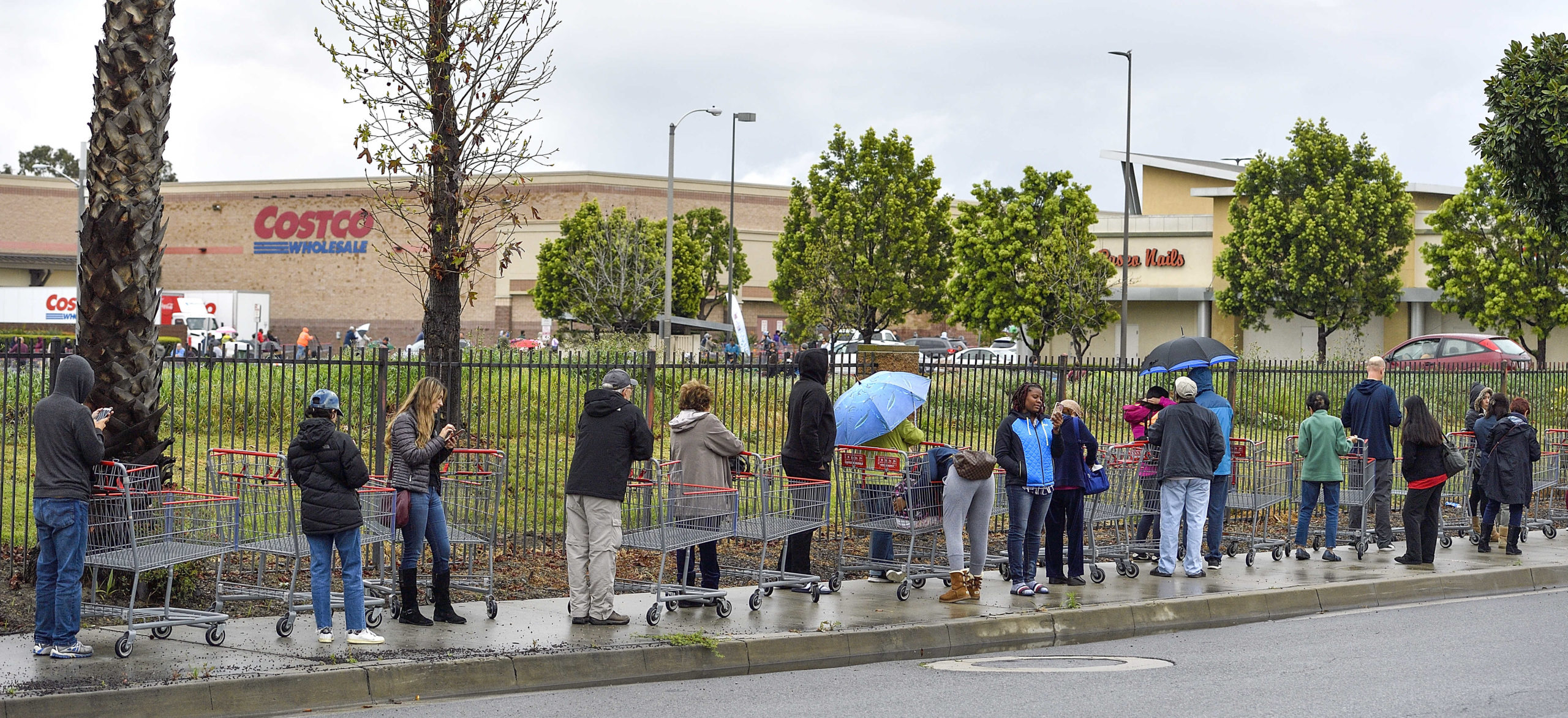
CHN’s Deborah Weinstein: Congress takes some needed steps — but a fearful nation needs more.
The House of Representatives is expected to enact the interim emergency legislation the Senate approved on Tuesday. The nearly half-trillion-dollar package should keep some workers in jobs and keep some businesses from folding. The funds for health care providers and for testing are needed. House members should vote for this bill. But this is far from all that is required to get millions of unemployed workers, retirees, and families out of the disastrous economic situation we’re in.
What we are seeing so far is closer to the Great Depression in its widespread impact than anything we have experienced in the decades since. There are big differences, though. We are a nation of great wealth. We can afford to protect our people’s health and economic security. In fact, if we fail to make these our top priorities, we will consign ourselves to a prolonged and painful economic contraction.
Congress must continue its work via three essential routes: ensuring everyone can get medical treatment and protection against the coronavirus; supporting the incomes of millions of struggling people; and shoring up the state and local institutions of government that are needed to continue the services we depend upon.

All people deserve to be protected.
Medical treatment and protection for everyone: Public health emergencies teach us over and over that in order to protect the whole population, everyone must have access to care. It is surely past time to learn this lesson. Immigrant or native-born, rich or poor, young or old, no group is immune, and we are far too interdependent to delude ourselves into thinking that even the privileged among us can defend against this threat without medical care for all our people. Expansion of Medicaid with more federal funding, more access to Affordable Care Act marketplace insurance, and a national commitment to free testing and treatment is simply essential, and will depend on providing the best working conditions and safety protections possible for all the heroic health care and related workers. Some officials and commentators are pressing for a reopening of the economy without adequate public health protections. But the pandemic shows how intertwined our economy and our health needs are, and pretending otherwise is just dangerous.
Supporting the incomes of struggling people: There are many different ways this can and must be done. The Economic Impact payments of $1,200 per person and $500 per child up to a moderate income level are a good start, and it is positive that the Treasury Department has moved to provide the payments conveniently to many of the people who do not have to file tax forms, for example by adding the $1,200 directly to Social Security or SSI benefits. But the Treasury Department made a big mistake by imposing a ridiculously short deadline for low-income Social Security, disability, and veterans’ beneficiaries to file in order to get the $500 per child payment. If they cannot make the unreasonable deadline, they will have to wait until next year to receive their children’s payments. Families whose incomes are too low to have to file income taxes especially need the help these payments are meant to provide, and the Treasury Department should reverse this wrong-headed approach immediately.
Yes – families with children need to get the cash they were promised. They will need more than this one payment, as will the millions of laid-off workers and people who cannot work because of age or disability. Congress should make another round of payments, and should broaden and increase the Child Tax Credit and Earned Income Tax Credit to start next year. Building this support into our response now will ensure that people can spend to meet their needs, and their spending will provide an essential boost to struggling businesses. The lowest-income people are usually the last to recover from even a relatively mild downturn. This is not mild.

Hundreds of people wait in line at Costco in Cypress, CA, on Friday, March 13, 2020. (Photo Credit: Jeff Gritchen, Orange County Register/SCNG)
Another essential way to support incomes is through the Supplemental Nutrition Assistance Program (SNAP). A 15 percent increase in SNAP’s maximum benefit (and an increase in the minimum benefit from $16 to $30 a month) has been on the must-pass list since this tragedy began. It truly must pass. We saw in the Great Recession that SNAP benefits, along with Unemployment Insurance, did a great deal to boost the economy – economic activity of $1.50 – $1.80 for every dollar spent on these benefits. SNAP benefits and the expanded UI Congress has passed are desperately needed to ensure that people can pay their bills and don’t spiral down into an economic hole they cannot easily escape.
People still in their jobs continue to get paid, good for their families and important to sustain their employers’ capacity to rebuild. They have to be safe – so we must expand paid leave to the workers in small and large businesses now excluded and extend it to cover family care-giving. The small business loans about to be increased must be well-monitored to ensure that businesses do retain their employees in exchange for loan forgiveness.
Keeping our people out of that dark economic hole means they must not lose their housing. Congress should look to more rental assistance and more low-income housing to prevent and reduce homelessness.
Shoring up state and local institutions: Schools, hospitals, community health centers, unemployment offices, child care, libraries, first responders, sanitation and public works – now that all these institutions are shuttered or highly challenged, all Americans understand how vital they are. A strong economy relies on strong public services. Congress must include at least $500 billion in new emergency aid to prevent the dismantling of essential services. The workers in these institutions need health protections, adequate pay, safe working conditions, and labor rights.
These are the essential routes to rebuilding our economy. Congress must guard against the deception that handing tax breaks for big corporations will provide for recovery. Congress already passed $170 billion in tax cuts for wealthy business owners who pay their business taxes through their individual tax returns. There will be many other special interests lining up for their own breaks, just as the banking industry has already benefited from fees processing the small business loans and from being allowed to snatch people’s $1,200 payments if they owe the banks on loans or fees. If we are to prevent a long and calamitous downturn, Congress must invest in our people and the services we all need.

